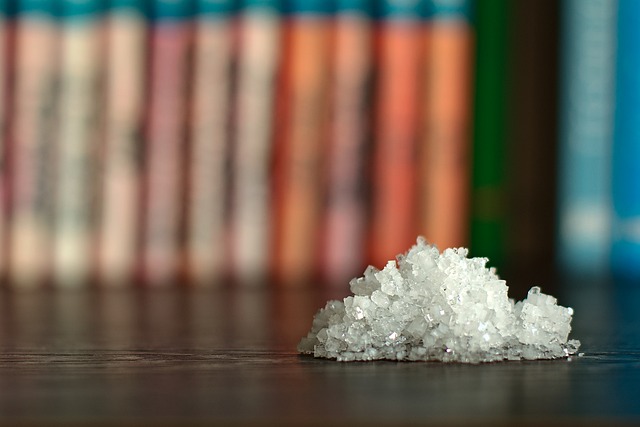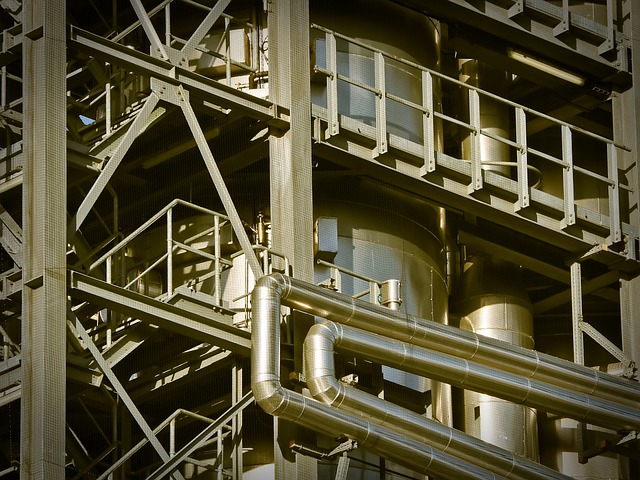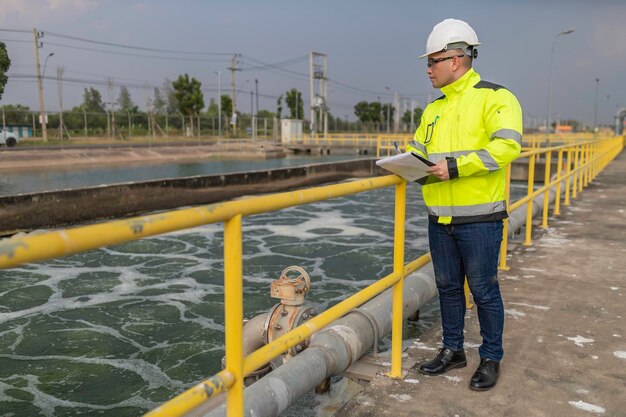Understanding the difference between alkali and alkaline is crucial for professionals in the chemical industry, as these terms are often used interchangeably but refer to distinct chemical properties and substances. In this blog, we will explore the definitions, differences, and the demand for alkali and alkaline substances in various industries. We’ll also delve into the properties of alkali metals and alkaline substances, emphasizing their significance in today’s chemical market.
What is Alkali?

Alkali refers to a subset of bases that are soluble in water, producing hydroxide ions (OH-) when dissolved. Alkalis are generally strong bases that can neutralize acids and are typically derived from alkali metals, such as sodium (Na), potassium (K), and lithium (Li). These substances are known for their high reactivity and are essential in various industrial processes.
What is Alkaline?
The term “alkaline” is often used to describe the chemical environment where the pH is greater than 7. While alkali refers to a specific group of bases, alkaline is a broader term that includes substances with alkaline properties, including alkali metals, alkaline earth metals, and even certain salts and minerals. The term “alkaline” can apply to solutions that are not strictly alkalis but still have a basic nature.
Major Difference Between Alkali and Alkaline
Understanding the difference between alkali and alkaline is essential for correct usage in both academic and industrial contexts. The primary difference lies in specificity: alkali refers to water-soluble bases, particularly those derived from alkali metals, while alkaline is a broader term encompassing any substance with a pH greater than 7.
- Composition: Alkalis are usually derived from alkali metals, which have unique alkali metals properties, such as high reactivity and the ability to form strong bases. Alkaline substances, on the other hand, may include a wider range of basic substances, not limited to alkali metals.
- Reactivity: Alkali substances are highly reactive, especially when in contact with water. Alkaline substances may be less reactive, depending on their specific composition.
- Usage: Alkalis are commonly used in applications that require strong bases, such as in soap making, paper production, and chemical synthesis. Alkaline substances have broader applications, including in construction, agriculture, and environmental management.
Also Read: Top 5 Cleaning Chemicals in Terms of Global Demand
Alkali Metals Properties and Their Industrial Applications

Alkali metals are known for their distinctive properties, making them highly valuable in various industrial sectors. These metals, including sodium, potassium, and lithium, are characterized by their softness, low density, and high reactivity. The properties of alkali metals, such as their ability to easily lose an electron and form strong bases, make them essential in numerous applications.
- Sodium (Na): Sodium is widely used in the chemical industry for producing sodium hydroxide (NaOH), an alkali used in the manufacture of paper, textiles, and detergents. Sodium compounds are also crucial in the production of glass and as a reducing agent in metallurgy.
- Potassium (K): Potassium is vital in agriculture, primarily in the form of potassium hydroxide (KOH), an alkali used in fertilizers. Potassium’s alkali properties also make it essential in the production of soaps, batteries, and various chemicals.
- Lithium (Li): Lithium, with its unique alkali metals properties, is in high demand for its use in rechargeable lithium-ion batteries, which power everything from smartphones to electric vehicles. Lithium compounds are also used in the production of high-strength glass and ceramics.
Alkaline Properties and Their Industrial Applications
Alkaline substances are characterized by their ability to maintain a pH above 7, making them essential in applications where a basic environment is required. These substances can be derived from various sources, including alkali metals, alkaline earth metals, and certain minerals.
- Calcium Carbonate (CaCO₃): Calcium carbonate is an alkaline substance used extensively in the construction industry, particularly in cement and lime production. Its alkaline properties are also beneficial in water treatment processes, where it helps neutralize acidic water.
- Magnesium Hydroxide (Mg(OH)₂): Magnesium hydroxide, another alkaline substance, is used as an antacid and in wastewater treatment. Its alkaline properties make it effective in neutralizing acids and stabilizing pH levels in various industrial processes.
- Sodium Bicarbonate (NaHCO₃): Commonly known as baking soda, sodium bicarbonate is an alkaline substance used in baking, cleaning, and as a fire retardant. Its ability to maintain an alkaline environment is crucial in numerous household and industrial applications.
Alkali and Alkaline Substances: Demand in Chemical Industry
The global demand for alkali and alkaline substances is driven by their wide range of applications across various industries. The chemical industry, in particular, relies heavily on these substances for processes that require strong bases or a basic environment.
- Manufacturing and Production: Alkali substances like sodium hydroxide and potassium hydroxide are essential in the manufacturing of paper, textiles, and detergents. Their strong alkali properties make them indispensable in processes that involve saponification, bleaching, and chemical synthesis.
- Energy Sector: The demand for lithium, a key alkali metal, has surged with the growing popularity of electric vehicles. Lithium-ion batteries, which rely on the alkali properties of lithium, are critical in the production of energy storage systems for renewable energy sources.
- Construction Industry: Alkaline substances like calcium carbonate are in high demand in the construction industry, where they are used to produce cement, lime, and other building materials. The alkaline properties of these substances help stabilize pH levels in construction materials, ensuring durability and longevity.
- Environmental Management: Alkaline substances are used extensively in environmental management, particularly in water treatment and air pollution control. Magnesium hydroxide and sodium bicarbonate, for example, are used to neutralize acidic pollutants and stabilize pH levels in water bodies.
Key Takeaway
The difference between alkali and alkaline is more than just a matter of terminology; it’s a distinction that has significant implications for their industrial applications. Alkali substances, with their strong bases derived from alkali metals, are crucial in various manufacturing and chemical processes. Alkaline substances, with their broader definition, play an equally important role in construction, agriculture, and environmental management.
As the demand for sustainable and efficient industrial processes grows, so too does the demand for alkali and alkaline substances. Their unique properties, whether derived from alkali metals or other sources, make them indispensable in the modern chemical industry. Companies trying to source these chemicals can rely on end-to-end supply chain management platforms like elchemy.com.
With a comprehensive database of verified suppliers, elchemy.com ensures access to a wide range of alkali chemicals, such as sodium hydroxide and potassium hydroxide, and alkaline substances, like calcium carbonate and calcium hydroxide. By offering detailed supplier profiles and product specifications, elchemy.com facilitates efficient procurement processes. The platform also supports bulk orders and provides logistical support, ensuring timely delivery and competitive pricing, making it an ideal partner for companies in need of these essential chemicals.

















